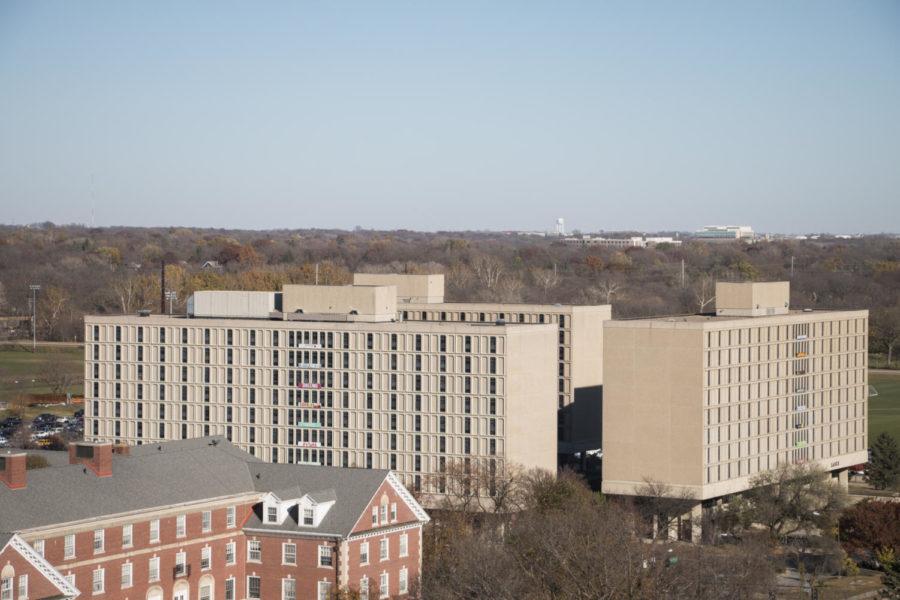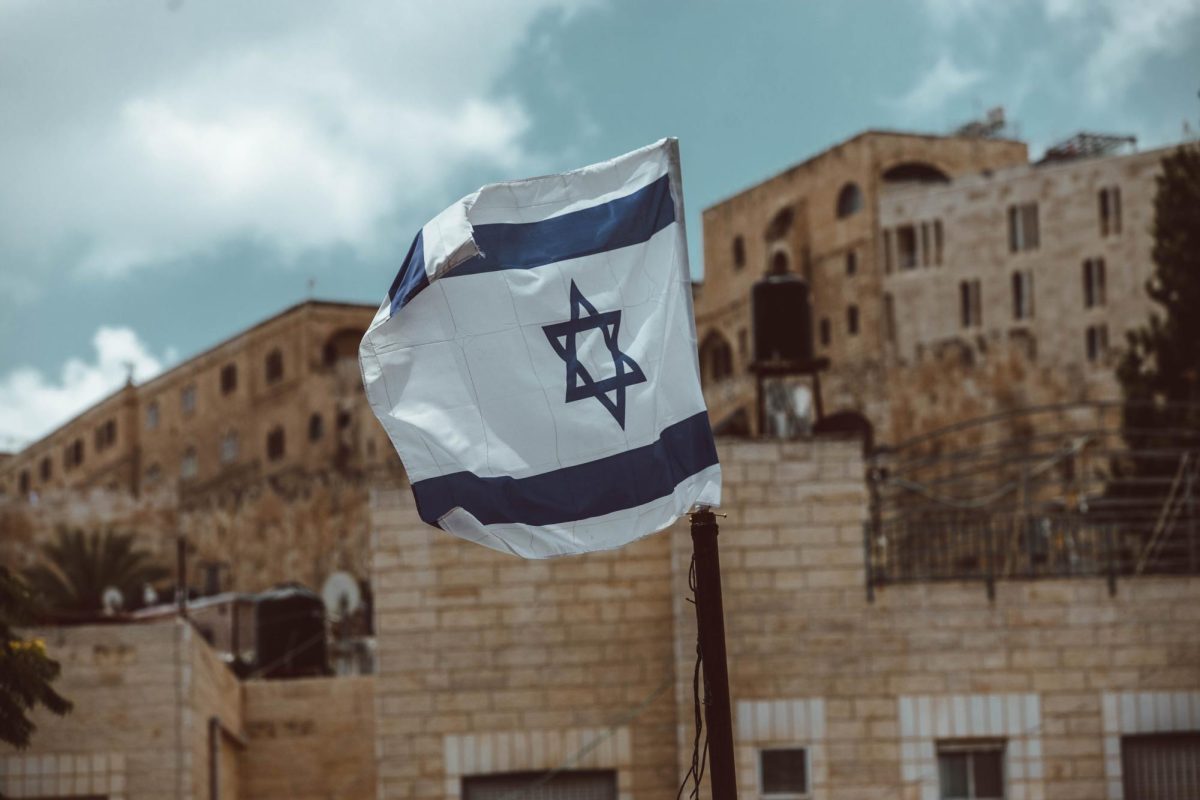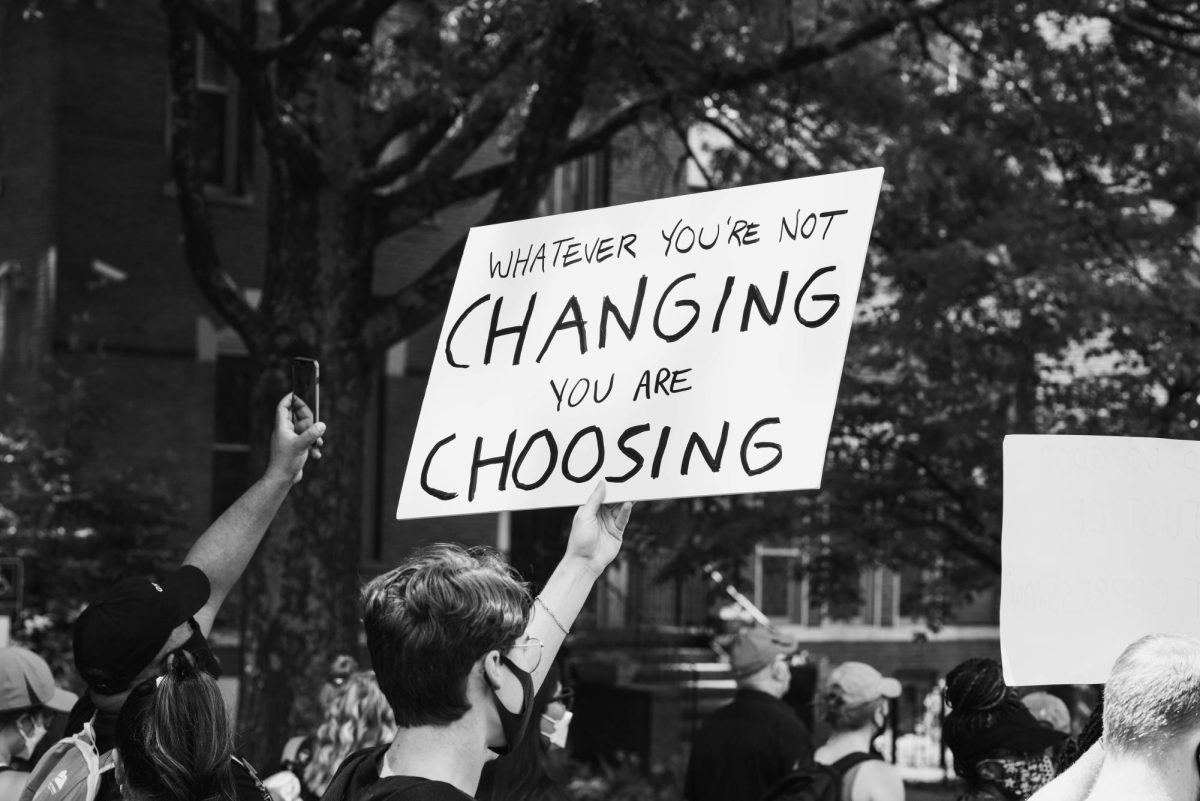This article is intended to support a resolution that calls for a ceasefire in the Israel-Hamas war. This term has been thrown around in various discussions, even on the international level. However, there is nothing to show for it.
Many believe a ceasefire grants Hamas a victory and therefore emboldens them to further attack and brutalize Israel. However, over the walls of Gaza, there is no victory to be had. The scale of Palestinian suffering is too large.
So, then, why a ceasefire? The word itself reveals the obvious definition: to cease firing. It is important for Israel to do so. Their actions, especially in the past few days, will eventually push support away from them—and given this fact, the implications of such an exodus of support should be considered.
It is apparent, however, that Israeli Prime Minister Benjamin Netanyahu has no intention of halting his around-the-clock bombardment of Gaza. He has clearly stated, “Nothing will stop us.”
In actual cases of self-defense, this rhetoric would be justifiable. However, abiding by international law, which prohibits collective punishment, collectively punishing an entire population in Gaza is not only illegal, but immoral.
What are such examples of this? Look at the recent devastation that unfolded after Israel bombed Jabalia refugee camp Tuesday. To make matters worse, Israel followed with another bombing of Jabalia on Wednesday.
After the bombing, in an interview with CNN’s Wolf Blitzer, an Israel Defense Forces (IDF) spokesman claimed responsibility for the bombings and advanced the notion that civilian loss was just a “tragedy of war.” Additionally, the spokesman claims that “civilians are not involved with Hamas.”
So why the indiscriminate attacks? Well, Israel has a history of inflicting punishment as a form of collective “education” as Norman Finkelstein details in his book “Gaza: An Inquest into its Martyrdom.”
At a risk of exhausting the point, knowingly bombing areas where large amounts of civilians are present is against international law. The link I included explains this point and illustrates the difference between how the international community treated Russia versus Israel. If there is to be a legitimate military purpose for bombing such a place, this does not give the green light to do so.
Referenced in the article, professor Katharine Fortin explains that “the military must consider whether the damage and loss incurred by civilians in such attacks are excessive compared to the concrete and direct military advantage.”
In the case of the Jabalia bombing, Israel claimed it killed a military commander. Why two bombings then? If this wasn’t shocking enough, Israel commenced a separate attack on Bureij refugee camp, reducing it to mere rubble filled with innocent bodies of Palestinian civilians.
The disasters in Gaza come as tensions in the West Bank rise (where Hamas does not govern). Israeli settlers have terrorized Palestinians, such as Bilal Mohammad Saleh, who was killed while harvesting olives. Other posts that are circulating on apps like Telegram show Palestinians being kidnapped and tortured. These actions are not condemned by the Israeli government, and it would appear that many of them support it. For example, Israeli National Security Minister Itamar Ben-Gvir ordered “10,000 rifles to arm Israeli civilians, including settlers, after Hamas’ attack.”
Some even fear “a new Nakba” is on the horizon.
Israel has not remained committed to its Jewish people as it so often likes to claim. Video shows Israeli police beating a Jewish man and supposed anti-Zionist for no apparent reason. I also want to include an excerpt from the Times of Israel that expresses how the Israeli army feels about the hostages that Hamas holds captive in Gaza. The excerpt says:
“The army is concerned that further hostage releases by Hamas could lead the political leadership to delay a ground incursion or even halt it midway. Still, the IDF believes that an offensive may actually pressure Hamas to release further hostages.”
If Israel claims to be acting in good faith, shouldn’t Hamas releasing hostages and thereby delaying the ground invasion be a good thing? It would also weaken the odds of heavy damage on all sides of the conflict. It raises the question of what this “ground incursion” really entails.
As this aggressive bombardment on Gaza continues, the actors in the international community are forced to make important decisions. Right now, releasing the tight grip on Gaza would serve Israel’s (and the United States’) interests well.
Additionally, supporting a ceasefire would allow the dust to settle and for diplomacy to work, hopefully resulting in freed Israeli hostages and a reduction in Palestinian deaths. However, the course of war seems to be the preferred route by most of Israel’s supporters. What is occurring now in Israel, before our very eyes, is a violation of Palestinian human rights and a complete rejection of even the most basic moral standard. It shows no regard for Israeli hostages who are dispersed throughout the Gaza Strip and even less of a regard for innocent Palestinians.
If, as a society, we claim to have any moral conscience, a ceasefire is necessary.
Peace be with you all.














Lee Van Brocklin | Nov 5, 2023 at 5:29 pm
Do you really hate Jews so much you would endorse a scheme that allows a safe house to people who take a pledge and act on that pledge to kill every Jew? A cease fire will not get the hostages back (international law ignored by you there) and set the conditions of October 6 back in place, where Hamas can and will continue to kill Jews. When you value Jewish life less than any other person’s life you are a Jew hater. The best future for Palestinians is one without Hamas.
. | Nov 11, 2023 at 5:57 pm
Do you really think you are doing something by accusing someone of being antisemitic without bringing any facts to show this? In one of the authors’ other articles, he says that we must hold a Jewish life to the exact same standard as a Palestinian life. You’re spewing hatred and making harsh accusations that are frankly pathetic. No one said there is a guarantee that hostages will be released but it would be good to see a stop to the full-on bombardment of innocent people in Gaza. Netanyahu denied a hostage offer from Hamas in exchange for a ceasefire. Look on the Guardian. Israelis are protesting against Netanyahu because it doesn’t seem he cares about getting back the hostages and there are still no answers for how the “intelligence failure” happened and why it took so long for the IDF to respond on Oct. 7. Hamas isn’t good and cannot be defended, I just do not know why you cannot be honest about Israel when they commit the same actions (yes human shields and all) on a much larger scale. Two wrongs don’t make a right and telling the truth is not Jew hate.
A.J. | Nov 3, 2023 at 11:11 am
Thank you for being an advocate of human life and Peaceful action both now and in past articles.
OJ | Nov 3, 2023 at 9:21 am
As an observant jew, I cannot bear to watch my brothers die over and over again to animals. Demanding a ceasefire will only lead to another October 7th to happen again sometime later in the future. People don’t understand that while the people of Israel can live with their Arabs neighbors and already do, the same cannot be said about when Arabs are the majority. If you have an Israel passport (aka if you’re Jewish) you can’t go to almost any Muslim country. So tell me, where’s the real apartheid then? Israel or the rest of the Middle East? The truth is that there is a good majority of Arabs that would like to see the Jews dead ASAP just because we’re Jewish. Sound familiar? Go read a history textbook. This is why Israel should and can turn Gaza into something unrecognizable and let that be a testament to those who want to mess with Israel and have them think twice before trying to perform some atrocities again. Besides, Jews have been continuously living in the Land of Israel for over 3000 years and were given the land by virtue of what G-d said in the Old Testament. I don’t believe that Israel belongs to the Jews because of the Holocaust or who lived there the longest or whatever. The Land of Israel belongs to the Jews simply because G-d gave it to them after they left Egypt, period.
. | Nov 3, 2023 at 10:52 am
This comment is almost comedic because of how false it is. Throughout Israel’s history, Israel has broken ceasefires many times and continuously wants to prop up figures like Hamas so they always have someone to blame for their occupation. You are the one who needs a book. Since you have access to the internet books are easy to find. You’re going to claim that just because they can’t go into Muslim countries they are under apartheid? Seriously? Israeli citizens can go almost everywhere in the world (including the US and Europe) whereas politicians (like Ron DeSantis) pride themselves on rejecting Palestinians. Brian Mast said there are no innocent Palestinians, comparing them to Nazis. Look up the video. Additionally, Palestinians cannot go anywhere else but Egypt, and so far that doesn’t look likely. You make brave generalizations about Arabs thinking Jews should be dead. You are a propagandist and conveniently omit the fact that people from all backgrounds have participated in the protests against Israel. Even Jews. There is no doubt Jews existed in that region, however, so did Arabs. Using God as a reason for these massacres disgraces your own religion and the people who follow it.
DD | Nov 6, 2023 at 11:21 am
You do not speak for all observant Jews. I suggest you revisit your understanding, or lack thereof, of tikkun olam. Arabs and Muslims are our cousins, and the only solution is to live together without literally walling each other off.
Shalom Aleichem/ Salam Alaykum
SC | Nov 3, 2023 at 8:43 am
Thank you for doing diligent research and laying out the entire context. We appreciate that you are keeping up a high journalistic standard. As U.S. citizens, we are demanding a ceasefire and calling for Palestinian liberation.
. | Nov 2, 2023 at 11:40 pm
Thank you for being one of the few people working hard to educate those reading the daily! As you so eloquently said, the attacks on innocent Palestinians needs to stop. Too many people have lost their lives, families, and friends.